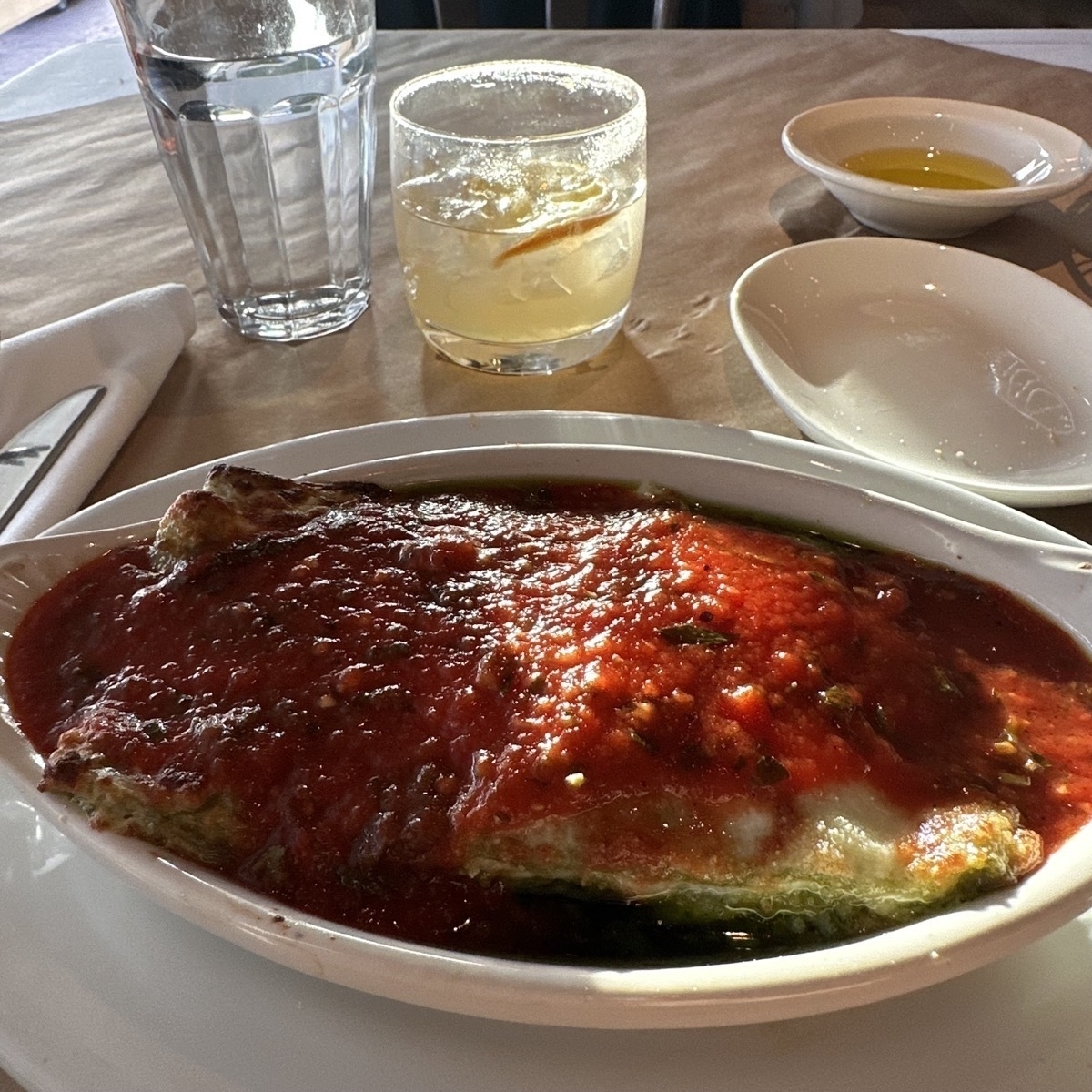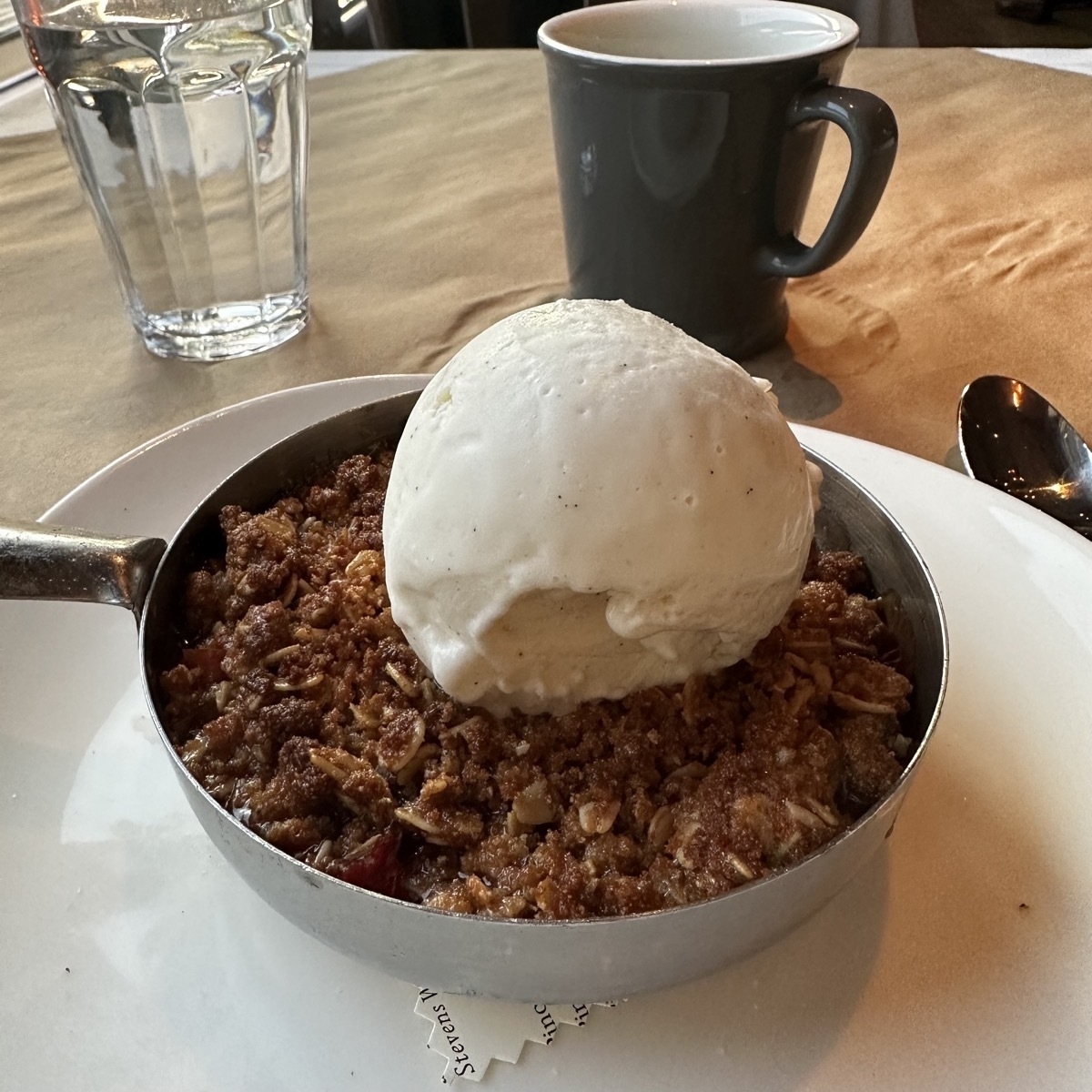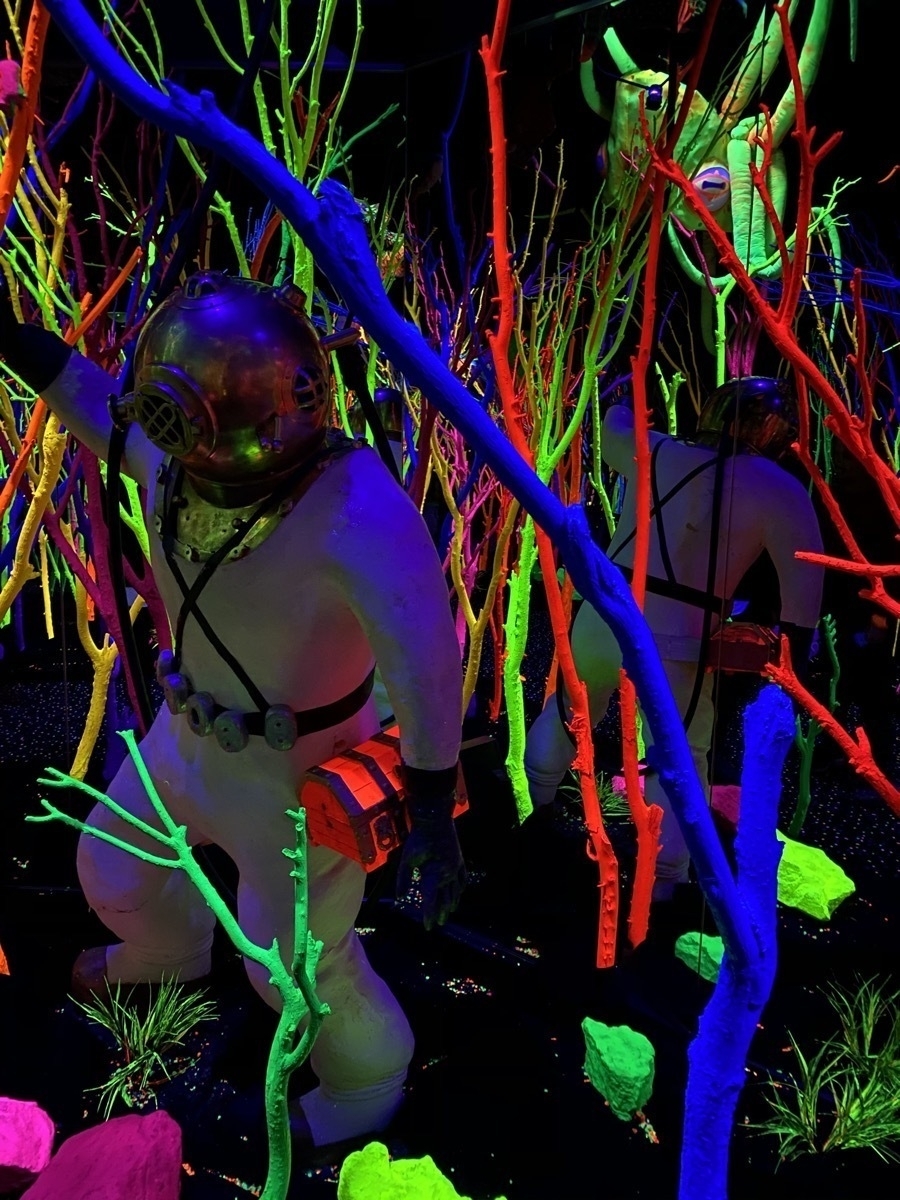Dear Jason,
Yesterday I attended an event for youth who are overcoming addiction. For eight weeks, they take lessons in classical guitar and djembe drums, make art, journal, and connect with adults who share their stories of overcoming addiction. Then they put on a concert and share what they’ve learned.
As part of the event, spoken word artist Tracy T-Spirit Stanton shared her story and two of her poems. Her entire performance was stellar, but one line is ringing in my head: “If you lead the body, the mind will follow.”
I put a lot of trust in my mind. I wasn’t the pretty one or the athletic one, but I was the smart one. And I held onto that identity as safety. Not too long ago my therapist said, “It’s really tough for you to be wrong about things, isn’t it?”
Um, yeah. I hate that.
One of the things that was hardest to accept about getting divorced was realizing that my own mind had been unreliable. I’d overlooked, dismissed, rationalized, and denied so many things. Clear signals. But I wasn’t ready to deal with what those signals meant, so my mind invented stories. As long as I didn’t ask too many questions, I could keep ignoring things.
But my body knew. Oh, did my body know. I had migraines regularly. I couldn’t sleep. And I developed an ovarian cyst that required major surgery. It was as if my body was taking all the emotions I wouldn’t let myself feel and truths I wouldn’t let myself face and putting them into this mass that became cancerous and could have killed me.
I had this very vivid dream a few days after surgery. I was still on pain meds, so I’m sure those were in play. In the dream, I was lost, running through the woods. It was like a maze, there was danger, and I was trying to find my way out to safety. This voice came from nowhere, right in my ear, saying: “Wake up. Wake up! WAKE UP!” I woke up startled, heart pounding, disoriented, but with this sense that something important had happened.
I still didn’t want to listen, though. So I went back to ’normal life’ and kept myself busy ignoring as much as I could. Then came quarantine. There was so much time and so little distraction. I couldn’t keep the storylines connected. One early early morning in September I was standing outside. Couldn’t sleep, as usual. Staring at the sky. Thinking, thinking, thinking. So much thinking, but so little sense. And I had this physical sensation like my brain was falling apart. I remember reaching my hands up as if I could slip them inside my skull and hold the pieces together.
That was it, finally. I’m still amazed that my body created a physical sensation to match what I was experiencing mentally and emotionally, and did so in such a powerful way that I couldn’t ignore it. I’m really grateful. And I pay a lot more attention to my body now. I also don’t get migraines anymore, so that’s cool.
I didn’t start this letter with the intention of going through my recent personal history, but it colors everything for me these days. My mind is still trying to sort things out all the time, analyze, categorize, find congruence. That’s part of who I am, and it’s not bad, but finding a balance is the work I’m doing now. Respecting and using my mind, yes. And equally respecting and trusting my body to tell me things more viscerally and immediately, and to listen when she does. The body says no, the body says yes, the body says wait, the body says be careful. Sometimes the body says run the fuck away! And sometimes the body says, “Hang out right here, because this is delightful.”
Annie
Hi Annie,
Are we going to the same therapist? I, too, find it tough to be wrong about things. I rationalize. My identity my whole life has been defined by my power to process fast and rationalize. I miss out on entire emotions, because I’ve already rationalized. I blow past signals and warning signs like the train in Back to the Future 3 heading for 88 mph or the gorge, which ever comes first.
This is why going back to playing volleyball has been so important for me. I need to spend literally hours each week playing a game that takes so much of my body and concentration that there is no “mind”. There is no thinking. There are no stories to tell, except maybe about how shitty it feels to be shanking a pass. I have to have time that I shut it down. That’s also why I have to read fiction. I need to fill my mind with a different mind.
Those are forms of rest. They quite the mind. But what I’m less good at is where you seem to have made it – listening to something else entirely. I haven’t figured out how to, in the quiet, let some other signals creep in and teach me things I need to understand about myself.
I have only started to slowly get better at this. Unfortunately, it was also due to excruciating gut pain– my appendix. After being sent home from what could only be described as completely negligent urgent care, I went into the ER a few hours later because I listened. Of course, my body was screaming, but even my doctor was a little surprised (in the best way) that I actually brought myself to the ER because things got worse. And I did so, in many ways, just in time.
The effect has been troubling. I’m far more nervous about aches and pains and changes to my body than I’ve ever been. My body has failed me in the past, but perhaps more importantly, I’ve learned not to trust my own sense of what is serious and what can be ignored. I have recalibrated, and I’m not quite sure yet if my new normal means “listening to my body” or “living with irrational anxieties in yet another area of my life”.
It sounds like you’re getting great feedback. Your body is telling you that the hard things you’ve had to do are the right ones.
We’re coming toward the end of our month, and I realized, partly my fault, we got heavy fast and never did some introductions and light stuff. So I thought I’d take this moment to pull us back a bit, reintroduce some folks to me, who may have already forgotten what I have going since the start of this project 5 months ago, and end us in a place that I hope feels like hanging onto because it’s delightful.
So here’s my run on paragraph about myself.
I’m in my mid 30s, no kids, living with my fiancée (who I’ve been with since 2010 and have been living with since 2011) and her mother. We have two dogs that are getting up there in age. I work for a tech company doing tech things for US K12 school districts after getting a master’s degree in urban education policy and working for school districts and state departments. We’ve been in Baltimore for 6.5 years now and lived in Providence for 10 years before that. I grew up on Long Island in New York. I read 30-40 science fiction/fantasy books a year (I prefer speculative fiction to SFF), play volleyball a few times a week and try to lift weights 3 times a week. I continue to struggle with being meaningfully overweight like I have been my whole life. We love to cook and eat. I am broadly interested in tax policy, urban development, and transit policy. I like to think about the world we’ve built around us how it changes our behavior and how we can build a better world, physically and politically. I’m a structures person, and I think a lot about them, whether when doing policy work or programming and data work. I tend to think of systems and structures as the geography and human behavior as water running over that terrain. I listen to a lot of podcasts. I watch a lot of cooking and educational YouTube videos. I like a great coffee and just about any Diet Coke (no, Pepsi is not ok, but I’ll suffer through it). We love to travel, having recently spent a few months in Mexico City. Elsa, my partner, was born in Mexico and is half-Mexican, half-Haitian, and trilingual. I travel a lot for work and I travel a lot for fun and I’m absolutely terrible about taking vacation.
The last few years, at least partially triggered or accelerated by the pandemic, have led to a lot of changes in my life and what I’m doing and who I feel like I am. But I have to admit, I feel like there’s a lot more coming, any moment now.
Thinking, and thinking, and thinking, and thinking,
Jason


